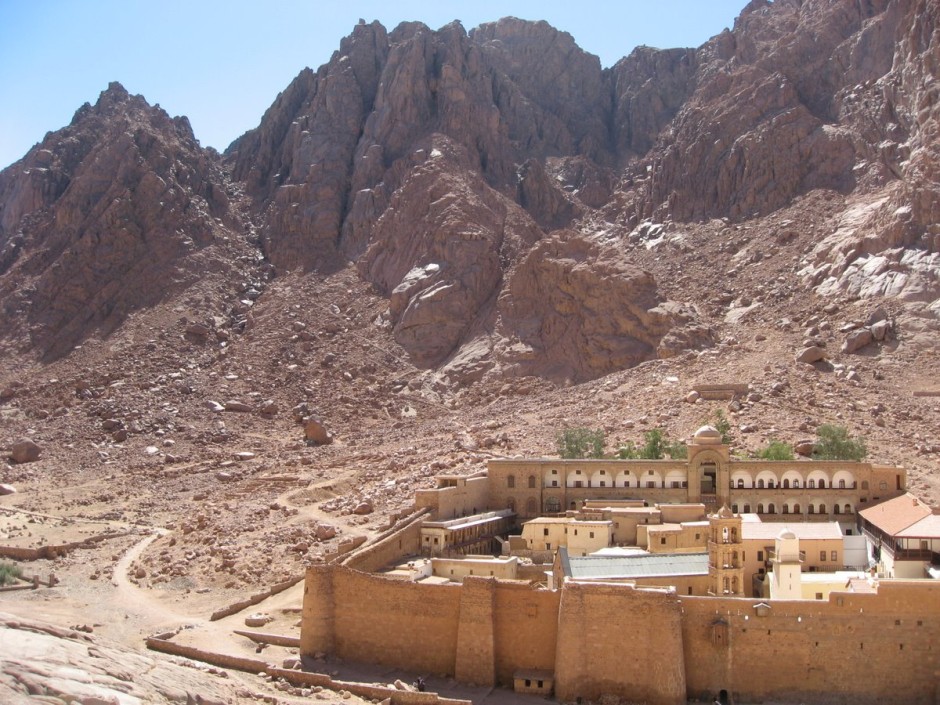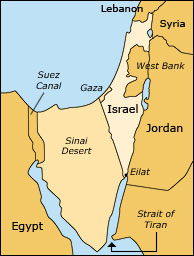A place of stark and grandeur beauty, the Sinai Peninsula is one of Egypt`s great travel destinations, as I can personally attest.
On my first visit in 1967, shortly after Israel’s conquest of Sinai in the Six Day War, I camped out under a brilliant starry sky illuminated by the Milky Way. On my last visit, in 1999, I visited the Red Sea resorts of Nuweiba, Dahab and Sharm el Sheikh and stayed the night in St. Catherine’s monastery at the base of Mt. Sinai.
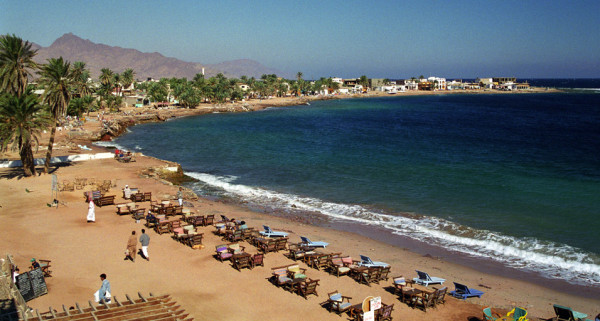
Whenever I was fortunate enough to set foot the Sinai, its stunning vistas of unspoiled desert lowlands, rugged mountains and serene beaches impressed me, and I was always loath to leave.
Much to my sadness and disappointment, the Sinai has become a zone of lawlessness unfit for tourists, having degenerated into a battleground pitting the Egyptian armed forces against a coalition of radical Muslim fighters.
The jihadists are spearheaded by Ansar Bayt-al Maqdis (Champions of Jerusalem), an outfit that has claimed responsibility for a series of attacks on Egyptian soldiers and police, mostly in the northern Sinai.
Last week, Ansar Bayt-al Maqdis, which has been encouraged and egged on by Ayman al-Zawahiri, the Egyptian leader of Al Qaeda, escalated the conflict by a notch with a suicide bombing of a tour bus in Taba, near the Israeli border.
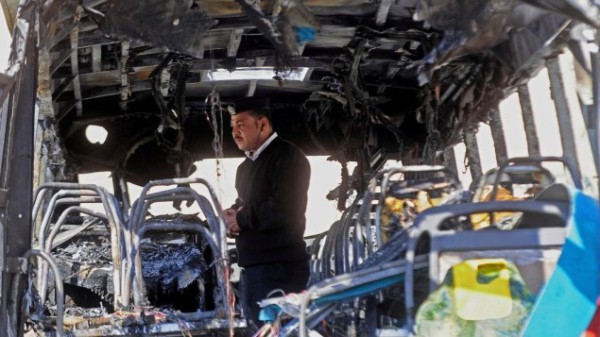
The blast killed three South Korean Christian pilgrims and their Egyptian bus driver, marking the first time that Ansar Bayt-al Maqdis has targeted tourists since the military overthrow of Egypt’s Islamist president, Mohamed Morsi, last July.
In a communique, the jihadist organization said the attack was part of an “economic war” on Egypt’s army-backed civilian government, which has cracked down hard on the Muslim Brotherhood, of which Morsi was a leading member.
The bombing in Taba, in southern Sinai, brought back bitter memories of two dark periods in Egypt’s recent history when jihadists attempted to cripple its important tourist industry, which brings in 20 percent of its foreign currency.
From 2004 to 2006, Islamic militants opposed to the now-deposed secular regime of Hosni Mubarak carried out a string of terrorist bombings in the resorts of Taba, Sharm el Sheikh and Nuweiba, killing about 120 people, mainly foreigners.
In the late 1990s, jihadists waged an insurgency throughout Egypt before being ruthlessly crushed by security forces.
With the rebellion having been stamped out, I booked a package tour to Egypt in 1999. I visited Cairo, Sinai and Luxor, where terrorists gunned down 58 tourists in 1997, in the single bloodiest incident of that insurrection. I felt perfectly safe, but on some legs of the trip our bus was accompanied by a police escort.
Tourism, one of the most powerful engines of Egypt`s economy, went from strength to strength in the first decade of this new century, the bombings from 2004 to 2006 notwithstanding. But the good times were short-lived. The popular revolt that toppled Mubarak in February 2011 affected tourism adversely, as did the turbulence and violence surrounding Morsi’s fall.
And now, with the most recent bombing in Taba, jihadists are hell bent on ruining the Egyptian tourist industry, particularly in Sinai, where Israeli and Egyptian armies fought in five wars from 1948 onward.
The jihadists also want to disrupt shipping in the Suez Canal, which separates Sinai from the Egyptian mainland. On Feb. 26, a court in Cairo sentenced 26 Egyptians to death for their role in planning attacks on ships passing through the canal, a prime source of revenue for Egypt.
The current insurrection in Sinai erupted a few years before Mubarak`s downfall. Terrorists, aided and abetted by a disaffected Bedouin population, repeatedly blew up a pipeline carrying natural gas to Israel — which signed a peace treaty with Egypt in 1979 — and Jordan.
Hit-and-run attacks continued after Morsi, the Muslim Brotherhood candidate, won the presidential election in 2012. In August of that year, jihadists killed 16 Egyptian soldiers in an ambush before infiltrating into Israel and killing eight Israeli civilians and soldiers.
An Israel retaliatory strike into Sinai, aimed at exacting vengeance on the jihadists, resulted in the deaths of several Egyptian policemen caught in the crossfire. This, in turn, prompted mobs in Cairo to storm Israel`s embassy with impunity.
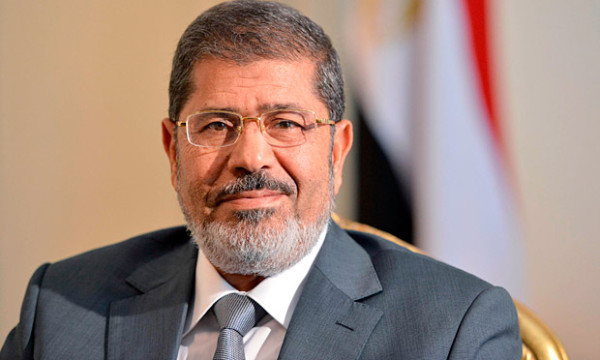
Morsi`s government adopted a two-pronged policy toward the jihadists, pursuing them in manhunts yet negotiating with them in the hope of averting further bloodshed and ending the Islamic rebellion in the Sinai.
Morsi also improved relations with Hamas, the Islamist group that has ruled the Gaza Strip since the election of 2006 and still calls for Israel’s destruction. But after Morsi`s removal, the man who orchestrated his ouster, Abdel Fattah el-Sisi, the then defence minister, switched course.
In line with his harsh crackdown on the Muslim Brotherhood and their sympathizers, Sisi toughened Egypt’s approach to Hamas, closing scores of its smuggling tunnels from Gaza to Sinai, much to Israel`s satisfaction, and stepping up operations against jihadists in Sinai.
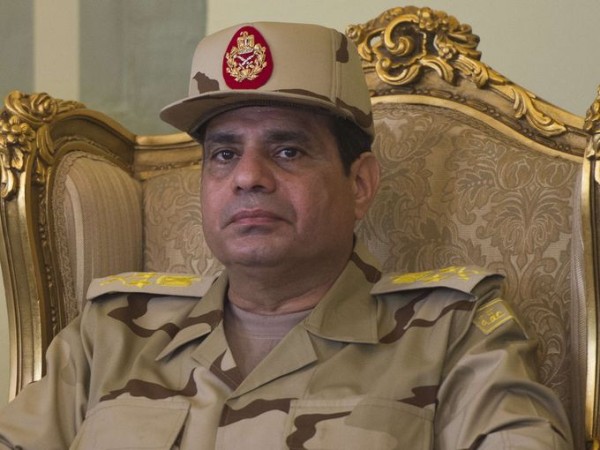
Working on the assumption that Hamas — an offshoot of the Muslim Brotherhood — has provided Egyptian extremists with logistical aid and training, Egypt has closed much of the tunnel network, built and operated by private investors to circumvent Israel’s blockade of Gaza.
The closure of so many tunnels in the past six months has had repercussions. Gaza must now import more goods from Israel at higher prices, and Hamas has lost about $200 million in annual tax revenues, a major blow. The shortfall has meant that Hamas has been unable to pay full salaries on time to some 50,000 civil servants.
Egypt`s ambassador to the Palestinian Authority, Yasser Othman, claims that Cairo`s classification of the Muslim Brotherhood as a terrorist organization does not apply to Hamas. But in an allusion to Hamas’ political affinity with the Muslim Brotherhood, Othman put the Hamas leadership on notice, saying their conduct toward Muslim radicalism would determine Egypt’s attitude to Hamas
On the Sinai front, Egypt has accelerated its military campaign to eradicate the jihadists, who have focused on attacking security forces in the provincial capital of El Arish and in towns along the Red Sea coastline and close to Gaza and Israel.
The militants, some of whom have been recruited from other Arab countries, have scored several notable successes.
Last August, in the worst single attack of its kind, they killed 25 policemen in an ambush. Last month, near the town of Sheikh Zuweid, Ansar Bayt al-Maqdis shot down an Egyptian army helicopter with five crewmen aboard. The helicopter was downed by a surface-to-air missile, fanning fears that the extremists have gained access to sophisticated weapons from the arsenals of Libya’s former strongman, Muammar Gaddafi.
Israel, which has a lot riding on the outcome of the insurrection in Sinai, has worked closely with Egypt, albeit behind the scenes, to contain what is commonly seen as a mutual threat.
Israel, which recently finished building a security fence along the Egyptian border, has permitted Egypt to increase the size of its garrison in Sinai, in contravention of the peace treaty, so that the Egyptians will be better positioned to defeat the jihadists.
Sinai, though, remains combustible, and the backlash has already affected Israel.
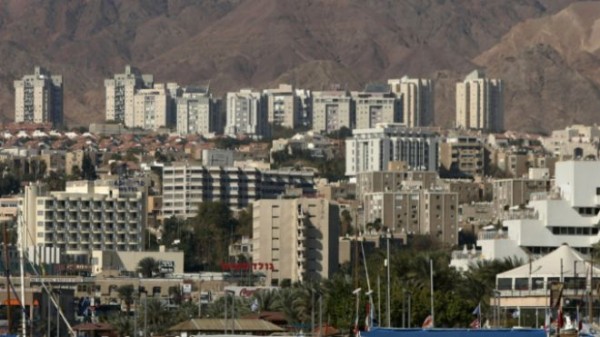
Last July, Ansar Bayt al-Maqdis fired two rockets at the port town of Eilat, prompting Israel to place an Iron Dome missile defence system in the vicinity.
Two months later, Israel briefly closed the airport in Eilat, adjacent to Taba, in response to unspecified security warnings. The following day, an Israeli drone killed five Islamic radicals five kilometres inside Egypt. It’s believed they were planning to shoot down an Israeli airplane landing at or taking off from Eilat’s airport.
On Jan. 31, the Iron Dome shot down a Grad missile fired at Eilat from the Sinai.
Since the battle to clear Sinai of jihadists is still raging, Israel and Egypt are working together to achieve that objective. On a bilateral level, however, Israel`s relationship with Egypt remains fraught with tension.
On Feb. 18, Egypt charged four men of spying for Israel. Two of the suspects, Egyptian nationals, are in custody. The other two, Mossad agents, are being sought.
Meanwhile, the Egyptian media continues to portray Israelis through the prism of Jewish stereotypes, judging by The Spy, a play that was broadcast on Egypt`s al-Hayat channel. Set in Mossad headquarters, and featuring actors with fake beards and Orthodox Jewish sidelocks who pretend to be Mossad officials, the play suggests that Israel instigated the Arab Spring revolts in the Arab world and seeks control of the universe.
Israel and Egypt may be cooperating in common cause to stamp out Islamic extremism in the Sinai, but in all other respects, their peace treaty is as cold as ice.
